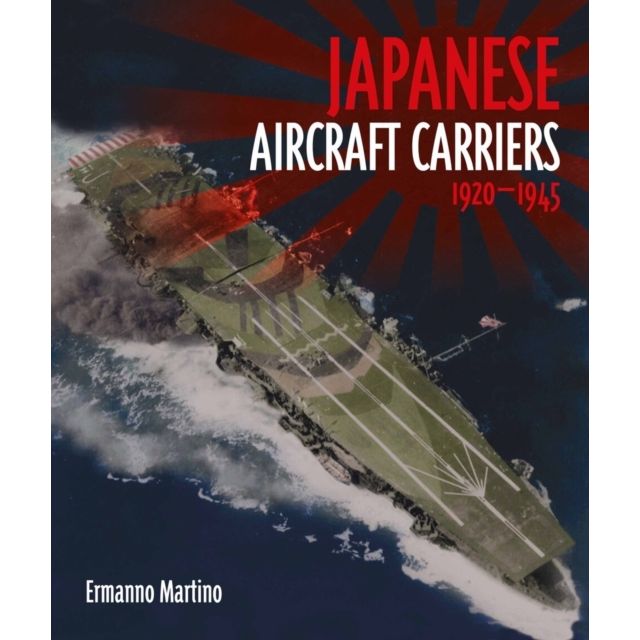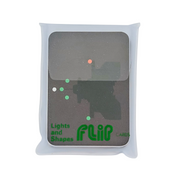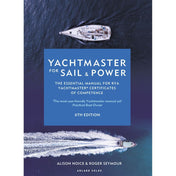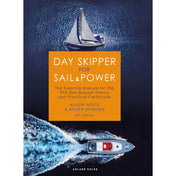Japanese Aircraft Carriers
| Author: | Ermanno Martino |
|---|---|
| Published: | 2025 |
| Format: | Hardback, 128 pages |
| Size: | 289 × 245 mm |
Japanese Aircraft Carriers - Hardback / 2025 is backordered and will ship as soon as it is back in stock.
Couldn't load pickup availability
Delivery Information
Delivery Information
We aim to dispatch all orders by the next business day, but we're a small business and sometimes when it's busy it may take a little bit longer. If there's going to be any delays we'll get in touch and keep you up-to-date.
Shipping is free for all orders of £50 or more!
We work with Royal Mail, DPD and DHL to offer the most convenient delivery options to our customers.
Friendly Advice
Friendly Advice
Chris is a Master Mariner and knows a thing or two about seafaring. If you need any help then don't be shy - send us an email or get in touch using the WhatsApp icon.
Easy Returns
Easy Returns
Not what you were looking for? No problem. We can accept returns of items in as-sold condition for up to 30 days (maybe a bit longer but don't tell anyone).
Just let us know and we'll sort everything out, including the shipping cost back to us.
Unfortunately this doesn't apply to Print on Demand charts as they are correct at the time of printing.
Of course if there's any faults or damage then let us know and we'll make it right!
Japan’s Carriers of the Pacific War
Japanese Aircraft Carriers 1920–1945 explores the remarkable evolution of the Imperial Japanese Navy’s carrier fleet, from the world’s first purpose-built carrier to the powerful task forces that shaped the Pacific War.
The IJN was a pioneer in naval aviation, commissioning Hosho in 1922 as the first carrier designed from the keel up. What followed was a diverse sequence of designs – some converted from capital ships, others purpose-built – culminating in the Shokaku-class, completed just before the outbreak of war. The 1930s saw highly original and sometimes unconventional experimentation, including the rare decision to mount the island structure on the port side of certain ships.
After Pearl Harbor, Japan’s carriers dominated the Pacific until the devastating losses at Midway in June 1942. To recover, the navy converted merchant vessels and auxiliaries and introduced a simplified fleet-carrier design for mass production. In total, 29 carriers are covered in this volume, each with its own dedicated technical chapter illustrated with photographs, line drawings and colour artwork.
Martino also provides an overview of Japanese naval aviation policy, a summary of key carrier operations, and appendices on weaponry, radar, camouflage and aircraft types. With over 200 illustrations, this concise yet authoritative reference fills a long-standing gap in English-language naval literature.
About the Author
Ermanno Martino was a founding member of Italy’s first group of naval historians in the late 1950s. Since the 1960s he has been active in naval journalism and research, contributing extensively to Storia Militare, Italy’s leading military history journal, where he sits on the scientific committee. He has previously authored companion volumes on Japanese Battleships (2019) and Japanese Cruisers (2023).
-
ISBN
-
Pages
-
Author
-
Publisher
-
Imprint
-
Language
-
Published
-
Height (mm)
-
Width (mm)
Payment & Security
Payment methods
Your payment information is processed securely. We do not store credit card details nor do we have access to your credit card information.








